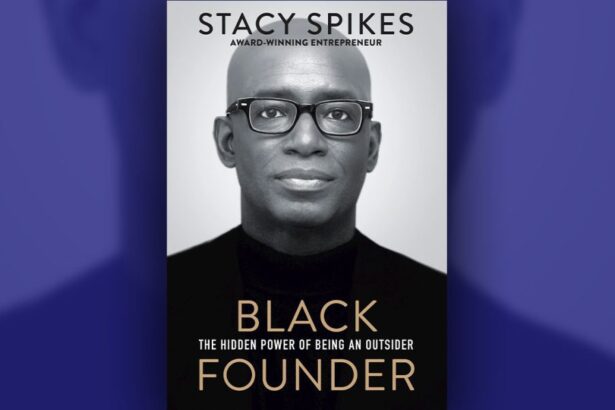At just 22 years old, Jerome Foster II has made history as the youngest White House advisor, serving on the White House Environmental Justice Advisory Council under the Biden administration. Foster is dedicated to leading Generation Z in tackling environmental challenges that have gone unaddressed for decades. In a recent interview with rolling out, he discusses his strategy for creating a cleaner and more sustainable environment, particularly for marginalized communities.
How can partnerships be formed with those managing waste disposal in New York?
While trash may not be directly linked to fossil fuels, it plays a crucial role in the climate crisis by highlighting how corporations contribute to pollution and waste in our communities. Foster suggests that one key step corporations can take is to incentivize the use of recycled plastic as the default economic choice, rather than just a moral statement. He also emphasizes the importance of implementing a circular economic model, where companies take responsibility for the products they produce and ensure accountability for their environmental impact.
What actions would you like to see the Black community take towards sustainability?
Foster advocates for decarbonizing various sectors as a primary step towards advancing climate action, highlighting the need to transition to electric alternatives to reduce carbon emissions. He also stresses the importance of developing sustainable alternatives to traditional fossil fuels in transportation and industry, pointing out the progress being made in renewable energy sources globally.
Furthermore, he underscores the significance of environmental justice by ensuring that communities already affected by the climate crisis receive support and protection from further harm. Foster references communities like Mossville, Louisiana, which are facing relocation due to severe pollution-related damages.
What sustainability practices should the world adopt and promote?
Foster urges the global community to recognize and respond to the climate emergency by prioritizing sustainable actions and decisions. He emphasizes the critical role of scientific evidence in guiding policies and initiatives towards a sustainable future.




